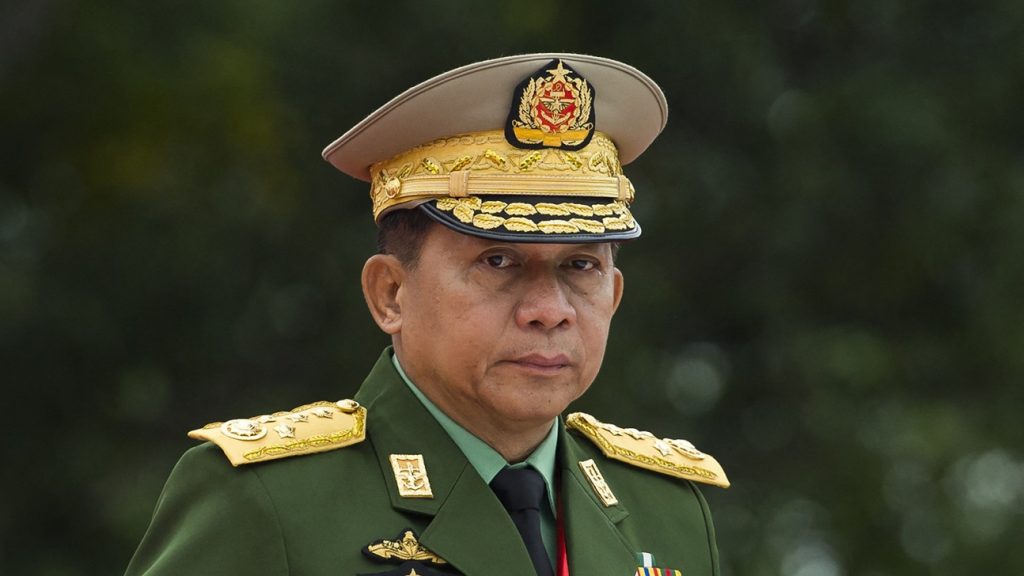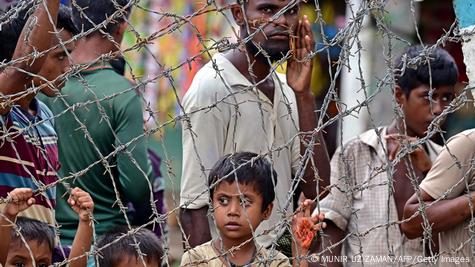ICC seeks arrest warrant for Myanmar’s military leader over alleged genocide

The International Criminal Court (ICC) has requested an arrest warrant for Myanmar’s military leader, Min Aung Hlaing, over crimes against humanity related to the persecution and deportation of Rohingya Muslims.
Chief Prosecutor Karim Khan stated that there are “reasonable grounds to believe” Min Aung Hlaing is criminally responsible for the atrocities, which forced hundreds of thousands of Rohingyas to flee to Bangladesh.
In 2017, Myanmar’s military launched what the United Nations described as a genocide against the Rohingya, leading to an international outcry.
Myanmar’s government, however, claimed its actions targeted Rohingya militants following their deadly attacks on police posts.
Survivors reported that the military responded by burning villages, killing civilians, and committing widespread sexual violence.
Médecins Sans Frontières (MSF) estimated that at least 6,700 Rohingya were killed in the first month of violence, including 730 children under five.
Amnesty International documented the abuse and rape of Rohingya women and girls during this period.
While Myanmar is not an ICC signatory, the court argued it could prosecute the military because some crimes, particularly deportation, occurred in Bangladesh, which is a signatory.
Following a five-year investigation, the ICC prosecutor announced sufficient evidence to seek an international arrest warrant for Min Aung Hlaing. The request must now be reviewed by a panel of three ICC judges.
Human rights groups have welcomed the move. Maria Elena Vignoli of Human Rights Watch called it “a strong warning to Myanmar’s abusive military leaders that they’re not beyond the reach of the law.”

Tun Khin, president of the Burmese Rohingya Organisation UK, described it as “a rare day of celebration” and an important step toward justice for the Rohingya.
Min Aung Hlaing, who led a coup in 2021 against the elected government of Aung San Suu Kyi, has faced international isolation since taking power.
Despite his limited travel and the improbability of him appearing in court, the case signals that accountability is still pursued for the atrocities committed.
Meanwhile, the Rohingya community, many of whom remain in dire conditions in Bangladeshi camps, see this development as a reminder that their suffering has not been forgotten.
Source-BBC




